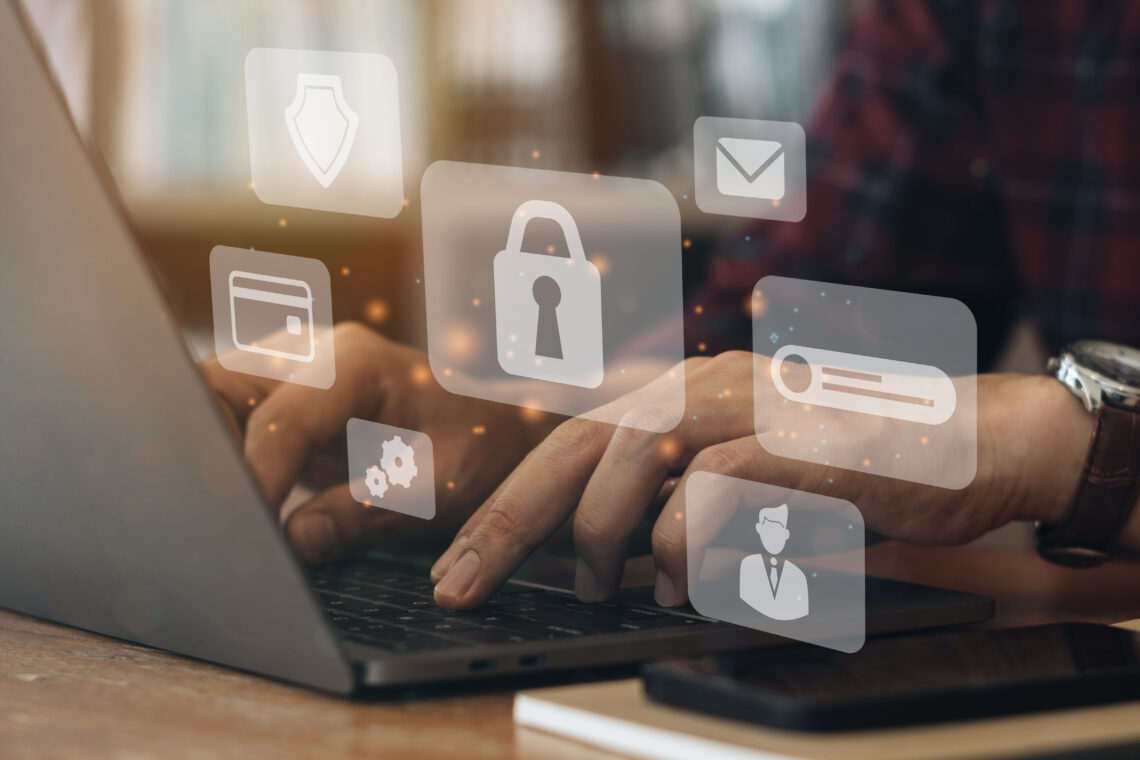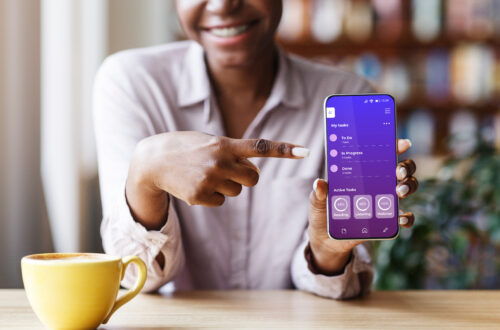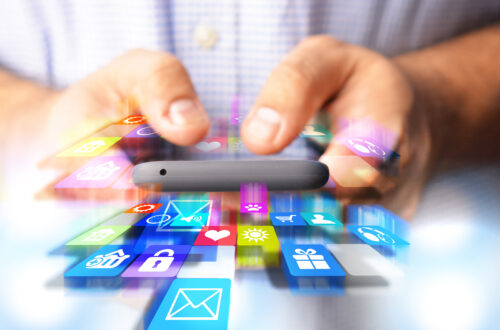
Part 2, The Cons: The Rising Influence of Health & Wellness Apps
In part 1 of this series, we discussed many advantages of using health and wellness apps. For example, keeping track of what you eat can encourage healthy eating; using a fitness app that gives you exercises in a regular rotation may keep you more active. There are many reasons why a health app can be beneficial. Now, let’s look at some of the potential drawbacks.
Data privacy concerns
 Downloading and keeping health trackers up-to-date means you are always carrying a lot of private information around with you. Where is all this health information stored and how might it be used? Will the user be targeted with ads related to their specific conditions, such as pregnancy vitamins and baby things for a mom-to-be? With the increasingly restrictive abortion laws, could a menstrual cycle tracker cause harm to a woman in some way? Will someone with multiple sclerosis start getting news about a treatment – bogus or legitimate? A story in the Washington Post in September 2022 reported that Facebook had accessed patient information through its tracker tool and that Google keeps track of your online searches for health information. The reporters also noted, “Mental health apps leave room in their privacy policies to share data with unlisted third parties.”
Downloading and keeping health trackers up-to-date means you are always carrying a lot of private information around with you. Where is all this health information stored and how might it be used? Will the user be targeted with ads related to their specific conditions, such as pregnancy vitamins and baby things for a mom-to-be? With the increasingly restrictive abortion laws, could a menstrual cycle tracker cause harm to a woman in some way? Will someone with multiple sclerosis start getting news about a treatment – bogus or legitimate? A story in the Washington Post in September 2022 reported that Facebook had accessed patient information through its tracker tool and that Google keeps track of your online searches for health information. The reporters also noted, “Mental health apps leave room in their privacy policies to share data with unlisted third parties.”
Inaccurate information
Inaccurate information could lead to people self-diagnosing or self-treating something that isn’t there. Even more dangerous, it could delay the correct diagnosis. According to the U.S. Food & Drug Administration (FDA), they have “a public responsibility to oversee the effectiveness of medical devices – including medical apps.” But according to this article, published in Harvard Law, it’s not guaranteed.
The authors wrote: “The sheer amount of health apps available to consumers certainly raises problems. For example, it would be desirable for consumers to know whether these apps work as promised and whether their privacy is adequately protected. Some kind of review would definitely be welcomed. However, the FDA has limited resources, and the review of all health apps is unlikely to be feasible.” Areas where the FDA has enforcement discretion may include apps that monitor chronic health conditions without offering medical advice, for example.
Lack of medical guidance
 Using health apps to help diagnose, manage, or treat health conditions without the guidance of a healthcare professional could also lead to incorrect self-diagnosis or treatment. Knowing a number, like your oxygen level, is different from understanding what that oxygen level means. It’s also important to understand that there are differences in oxygen readings depending on skin color. In addition, the devices rely on what the user tells them. Unlike a healthcare professional who is speaking to you and asking questions based on what they see and hear and their experience, the device is limited to its programmed knowledge base.
Using health apps to help diagnose, manage, or treat health conditions without the guidance of a healthcare professional could also lead to incorrect self-diagnosis or treatment. Knowing a number, like your oxygen level, is different from understanding what that oxygen level means. It’s also important to understand that there are differences in oxygen readings depending on skin color. In addition, the devices rely on what the user tells them. Unlike a healthcare professional who is speaking to you and asking questions based on what they see and hear and their experience, the device is limited to its programmed knowledge base.
Over-reliance on technology
It is getting harder and harder to get hold of healthcare professionals. I wrote about this in March in the blog post Finding a Healthcare Provider Can Be Hard. So is tech the answer? Not always. Relying on an app to figure out what ails you could mean delaying a face-to-face conversation or appointment with a real person. These apps are also designed for the so-called average person, not considering your unique medical history. This could result in misleading information that does not directly apply to your health.
Demographic bias
Again, these devices are based on the average person using them. Demographic bias can affect the information it gives back to you. One example of demographic bias is the social determinants of health, which we discuss here.
Psychological impact
Apps that focus on particular issues, such as diet or weight management, could potentially contribute to negative thoughts. This is important especially for people who live with or are recovering from eating disorders. The same can happen if people share this information through these apps. Companies could target them with stories like how celebrities and influencers use Ozempic for weight loss, adding to confusion about what may be best.
These are many of the cons. Knowing the drawbacks and benefits of using something new is good. It doesn’t mean we shouldn’t use an app if it’s right for us, though and we’re aware of potential drawbacks.
Go to part 3 of this series to see how to choose an app.
Disclaimer
The information in this blog is provided as an information and educational resource only. It is not to be used or relied upon for diagnostic or treatment purposes.
The blog does not represent or guarantee that its information is applicable to a specific patient’s care or treatment. The educational content in this blog is not to be interpreted as medical advice from any of the authors or contributors. It is not to be used as a substitute for treatment or advice from a practicing physician or other healthcare professional.




